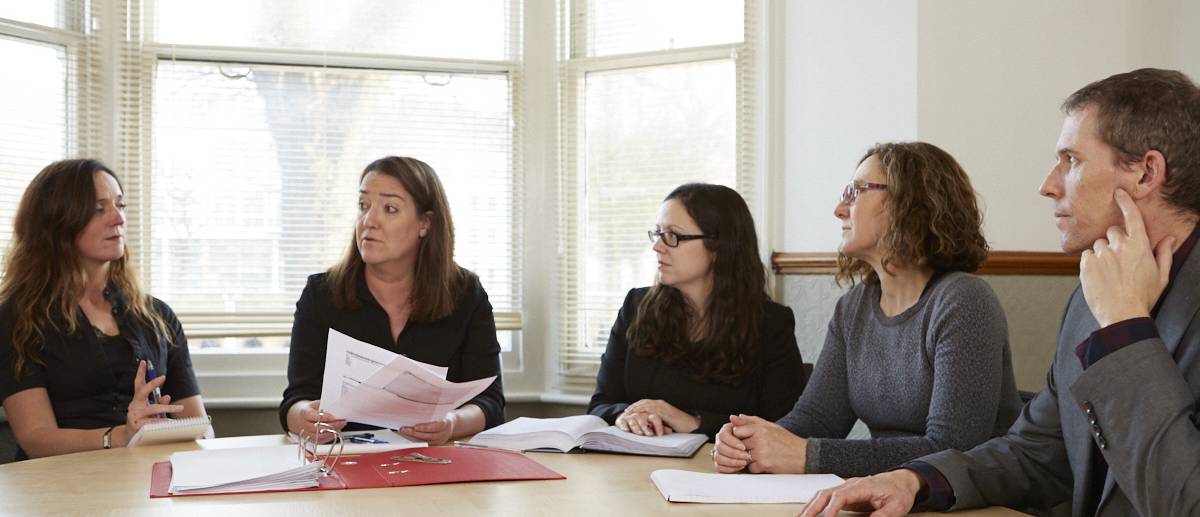Case Study: Securing a Substantial NHS Continuing Healthcare Back Payment

Summary
How Paula Jones, Professional Deputies Service Lead based in our Brighton office, secured a backdated NHS Continuing Healthcare Personal Health Budget worth £212,000 and ongoing weekly payments in the region of £2,700 by challenging a Clinical Commissioning Group (CCG)’s refusal to fund a package of care at home.
The situation
We were instructed by the Professional Deputy for Mary, a 65 year old lady with an Acquired Brain Injury and complex physical disabilities.
Since her injury, Mary had been resident in a nursing home in the North East of England, fully funded by NHS Continuing Healthcare (NHS CHC) funding. Mary wanted to return to live in her own home with a package of care. The Deputy and Mary’s Care Manager spent considerable time setting up a suitable 24 hour package of care so Mary could return home. The CCG argued that in supporting Mary to leave the nursing home and move back to her own home, the Professional Deputy had rejected the NHS CHC award. The Deputy challenged the CCG’s refusal to fund Mary’s care at home package, but the CCG refused to reinstate the funding.
What Martin Searle Solicitors did
Paula wrote to the CCG challenging the lawfulness of its decision to remove funding. Initially the CCG agreed to reinstate funding but capped at the amount that they had paid to the nursing home, leaving a significant shortfall in funding.
Paula challenged the CCG’s blanket policy of capping the amount they would pay for care at home, which has the effect of forcing people into institutional care settings. She referred to Mary’s rights under Article 8 European Convention on Human Rights, the best interest decision-making process and the NHS CHC National Framework. Paula argued that the decision for Mary to leave the nursing home did not amount to a rejection of the NHS CHC award. She asked for the immediate reinstatement of a Personal Health Budget at a value that would meet Mary’s needs at home, and a backdated payment to the date that Mary moved back home.
The result
The CCG accepted Paula’s arguments that the Deputy had not rejected Mary’s NHS CHC award by leaving the nursing home. They said that Mary moving home meant Mary’s needs were no longer complex. The CCG asserted that Mary was no longer eligible for NHS CHC and that they had no duty to fund her care at home. Paula argued Mary’s needs had not changed, that she remained eligible for NHS CHC and that the CCG’s duty to fund her care and support remained despite the package of care being provided in her own home.
The CCG responded constructively to Paula’s further arguments, and agreed to backdate the NHS CHC payments. They are now funding Mary’s care and support package at £2,731 per week, which is a significantly higher rate than her nursing home placement fees. The Deputy pays for additional private care for Mary so that she can have 2:1 support around the clock. The CCG accepted that it is in Mary’s best interest to be cared for in her own home.
Our expert Community Care Law Team offer advice and support on challenging NHS Continuing Healthcare decisions for Professional Deputies. Contact us on 01273 609911, or email info@ms-solicitors.co.uk.


